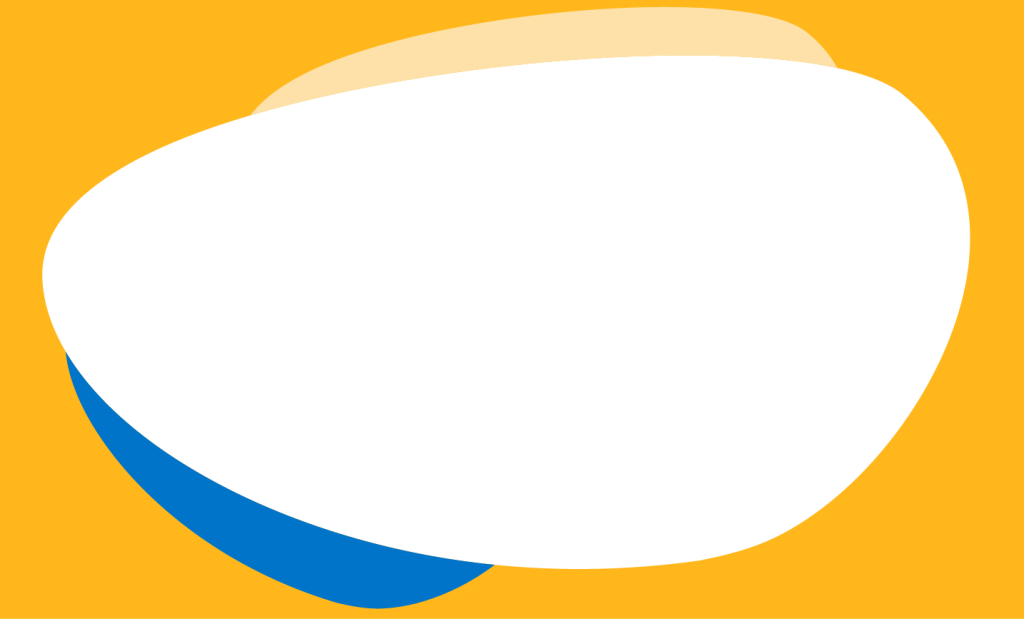
Tourette Syndrome is a neuro-developmental disorder which begins between the ages of 2 and 21 and lasts throughout a person’s life.

Types of Tics
Tics are experienced as a build up of tension, are irresistible and eventually must be performed. Typically tics increase as a result of tension or stress and decrease with relaxation or concentration on an absorbing task.
Simple Tics
Complex Tics
Diagnosis alone is NOT the solution. It simply opens the door to getting the help that is needed by arming all involved with the relevant information.
The ‘help’ still needs to be provided. The help that is provided (at least from a therapy perspective) will reflect:
More specific implications of not seeking treatment will be influenced by the common difficulties that are most influencing your individual child.
For more information see the relevant fact sheets under areas of concern or refer to the other relevant resources section below.
Diagnoses are used to label a specific set of symptoms that are being experienced by a child. This label then helps to narrow down and specifically tailor what:
A diagnosis helps the child and their carers (parents, teachers, health professionals, carers) to:

We acknowledge the land on which we operate as the traditional lands of the Kaurna people, and pay our respects to the spiritual relationship with country that all Aboriginal and Torres Strait Islander peoples hold.
Kid Sense is founded on inclusion and the belief that everyone is welcome. All diversity is celebrated, encouraged, represented and supported in our staff, our clients, and our community. You are welcome here.